Last Updated on August 2, 2021
Plot: Roy McBride is a decorated astronaut who after believing his father had been lost in space years before may actually be alive and may be the cause of a mysterious and dangerous anomaly called The Surge. McBride is tasked with sending a message to his father in hopes of finding out the answer and thus goes on a journey of self-discovery across the vast cosmos.
Review: In the new space-drama AD ASTRA, Brad Pitt stars in what is, perhaps, the most expensive existential crisis ever put to film. That may not sound quite like the movie where the trailers emphasize explosions in space and car chases on the Moon – but that’s the poetic magic of this one man’s interstellar odyssey. Whether you’re expecting an exciting space adventure or an endlessly layered drama that uses one man’s story among the stars to contemplate all of human existence in the universe, AD ASTRA is a movie that consistently gives you exactly what you’re not expecting – laying it all to bare across one of the most wondrous depictions of space ever put to film.
Pitt stars as Roy McBride, a decorated astronaut and the son of an even more legendary space explorer, Clifford McBride (Tommy Lee Jones), who was presumed lost in space years ago. McBride is logical, pragmatic, and near robotic as he focuses solely on the missions in front of him — and even seems to hate himself for it. He’s a man lost with no true sense of self, has trouble handling the inherited legacy of his father, and questions his place in a world that seems to have lost its desire to venture into the unknown of space. When it turns out his father may not be dead and may even be the source of a vicious series of electrical storms called The Surge, he gets to venture into space to search for his father and for the answers that may fill the gaps in himself. Some movies send their leads to Italy to discover themselves among sandy beaches and plates of pasta; this one sends Brad Pitt to Mars.
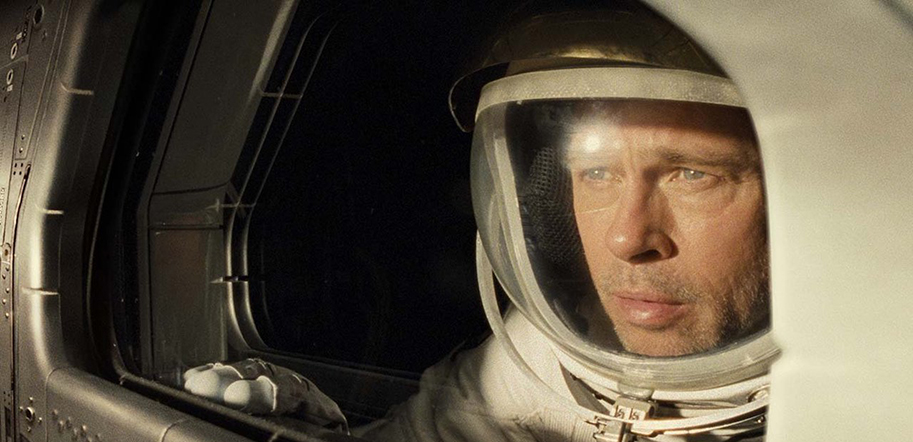
As he did so exceptionally well with his last movie, THE LOST CITY OF Z, director James Gray (also on the script with Ethan Gross) again digs deep into the nature of exploration and what fuels humans to go to places they never have before, honing in on the psychological drive of his lead character. This makes for another introspective, slow burn of an adventure, giving audiences plenty of time to absorb the surroundings, which includes space at both it's most wondrous and most cold. That approach is perfect for a movie with such a marvelous visual tapestry, fit with monolithic planets and an airport on the Moon outfitted with an Applebees. Journeys to the Moon, Mars and beyond offer up a rich array of stunning locations, with cinematographer Hoyte van Hoytema providing each new location with its own unique mood and dominant color scheme. Mars is red and desolate, and as McBride ventures further deep blues and blacks emphasize the coldness of space.
Gray lives for the deliberate nature of space travel, letting the visuals sink in as ships travel slowly among the stars, and with the few action scenes favoring silence with the only sound being the atmospheric score by Max Richter & Lorne Balfe. The goal here was to depict space travel at its most realistic, and indeed the slowness and precision is paired with an awesome visual scope that demands to be seen on the big screen. His execution of some of the action scenes border on masterful to highly strange, the former when Pitt falls from a space rig, hurtling towards Earth, but the latter being the attack of baboons in space (you read that right).
For the most part, the movie is stunning to behold, and while taking in the incredible visuals and colors it’s easy to expect the story to be just as grand. While watching I myself found the story of McBride traveling through the cosmos, making pit stops to talk to strangers and learn more about his mission and father, to be a bit pedantic and small-scale. There's so much beauty and detail in the technical aspects that the introspective nature of the story can't help but feel cold in its extremely reserved exploration of depression and anger, never able to be as profound as the impressive surroundings. But after the credits rolled and I took a moment to reflect on things, and found the beauty of AD ASTRA lies in the very straightforwardness of McBride’s emotional journey, and that while the coldness is enough to leave you unmoved, this pacing and tone goes miles in sucking you into his state of grief.
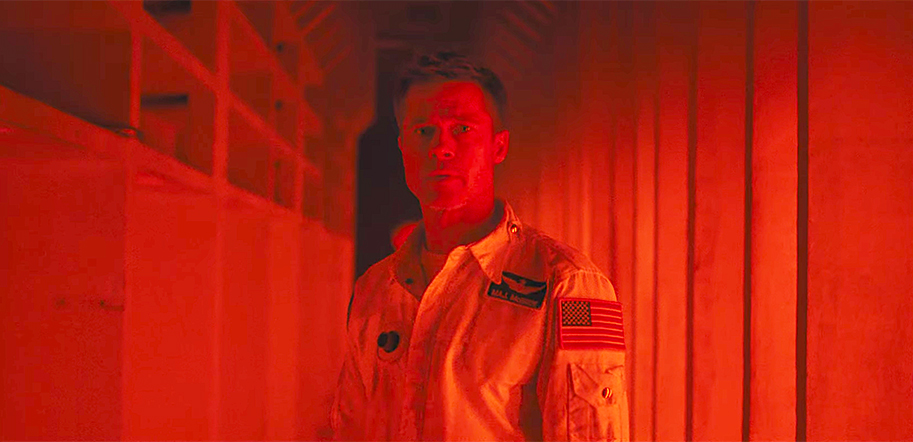
Throughout the movie, McBride reflects on everything that happens to him either through an inner monologue or a series of “psychological exams” as he ponders is place and reflects on his actions while in the constant loneliness of space. He’s a man still grieving from the loss of his father, while at the same time trying to live up to his memories and the legend of him. This creates an existential crisis wherein after crafting so much of his own identity off his father's he begins to doubt everything he is as he learns more about what his father may have done while on his own interstellar journey. McBride endlessly questions the man’s he’s become and is filled with resentment, doubt, pain, anger and is left feeling numb. His lonely journey through the black of space is a bleak one, and for some, it will seem a quietly profound journey that explores the nature of depression against the grandest setting imaginable. For others, it will seem just numb.
There's little emotional weight that comes with this adventure, as McBride's blunt interactions with other people both perfectly demonstrate his psychological state but also come off as very matter-of-fact, meaning there can be long stretches of pure hollowness. But what makes it so compelling, even when it’s a bit frustrating, is Pitt himself. The star turns in some of his best work ever in the role, proving just how amazingly subtle he can be. Gray makes sure to focus tight on Pitt’s face to capture every detail of his performance, one of the most profound moments when after sending a message to his father he noticeably holds back tears, finally getting to say the things he’s perhaps wanted to for a long time. What he exhibits on the outside can come across as calculating and robotic, but Pitt lets McBride's inner struggle trickle out in the smallest of ways, which makes watching him as rewarding as beholding the visuals around him.
To get into why the movie is so rewarding to think back on would be to give too much of the ending away. Yes, the movie can seem as emotionally empty as the far reaches of space, but that's exactly how the character feels much of the time, and what he means to fix as he ventures further. What I will say is that going in it may be easy to expect a movie that uses space exploration to explore themes as massive and grand as the cosmos themselves. Rather, what surprised me the most was how well it subverted my own expectations, juxtaposing the character-driven story that's deeply introspective and deceptively simple (and thus more human) against the backdrop of an endlessly magnificent visual tapestry. As humans we are constantly searching for the answers to all our questions and pains, perhaps to find a piece of us that's missing. What we find may not be what we're looking for or result in the biggest emotional payoff, but perhaps, at the end of all things, we can learn how to open ourselves up and love this big, beautiful and mysterious world staring us right in the face.










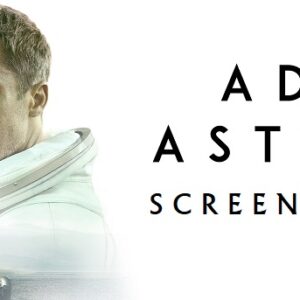


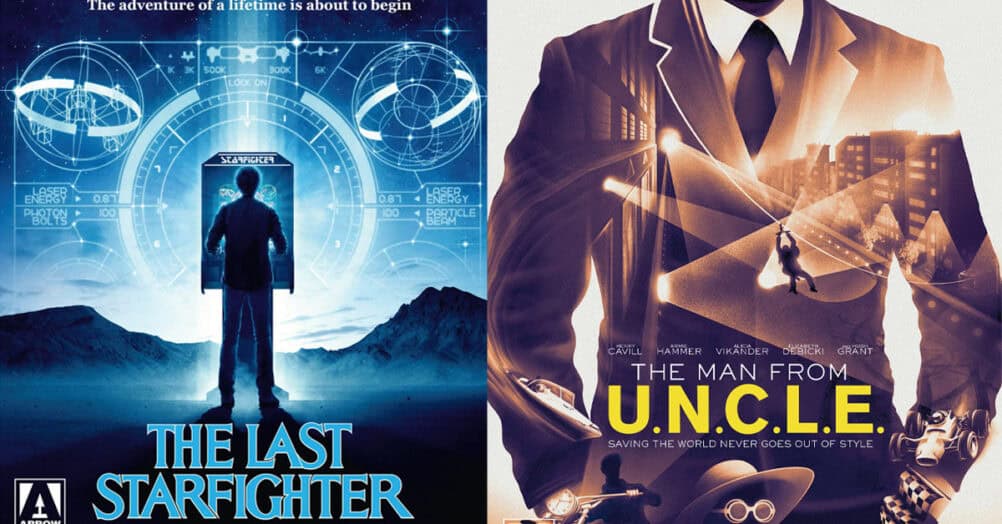


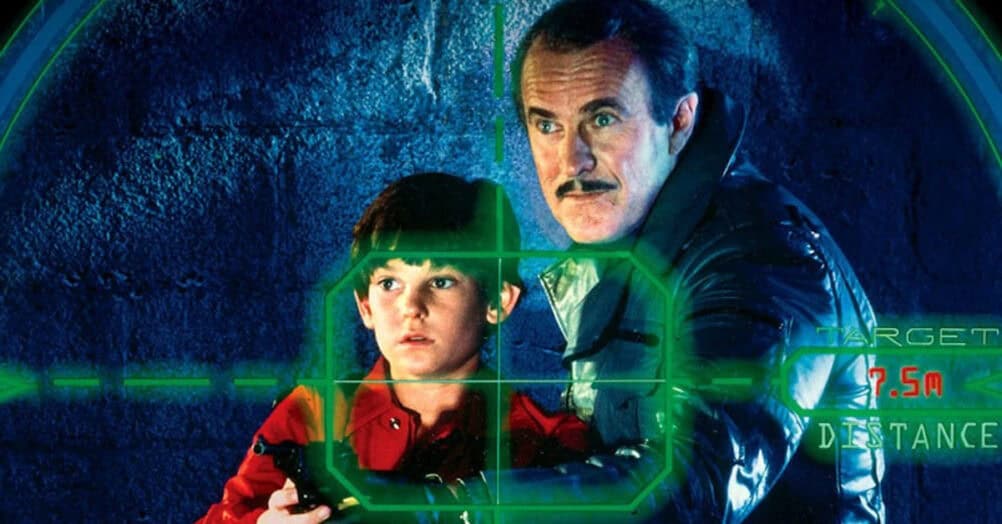

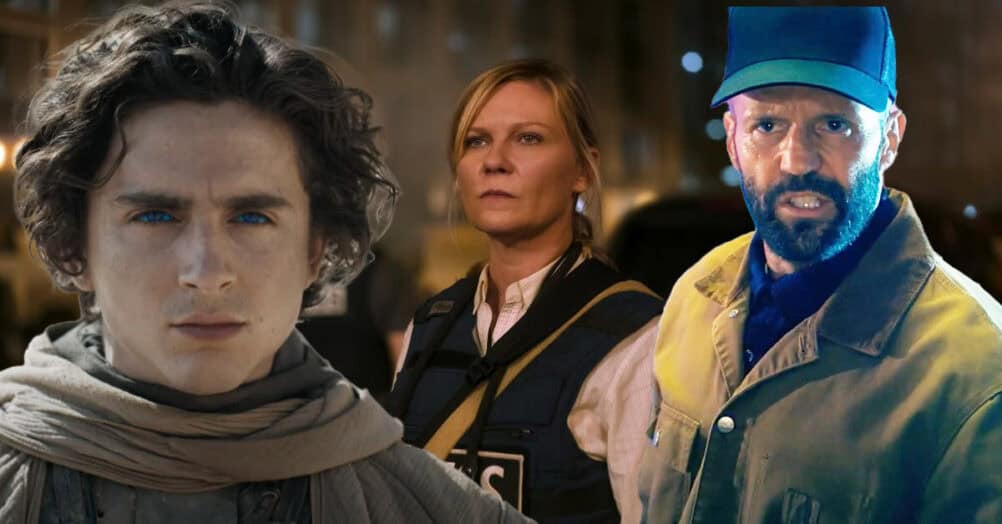


Follow the JOBLO MOVIE NETWORK
Follow us on YOUTUBE
Follow ARROW IN THE HEAD
Follow AITH on YOUTUBE